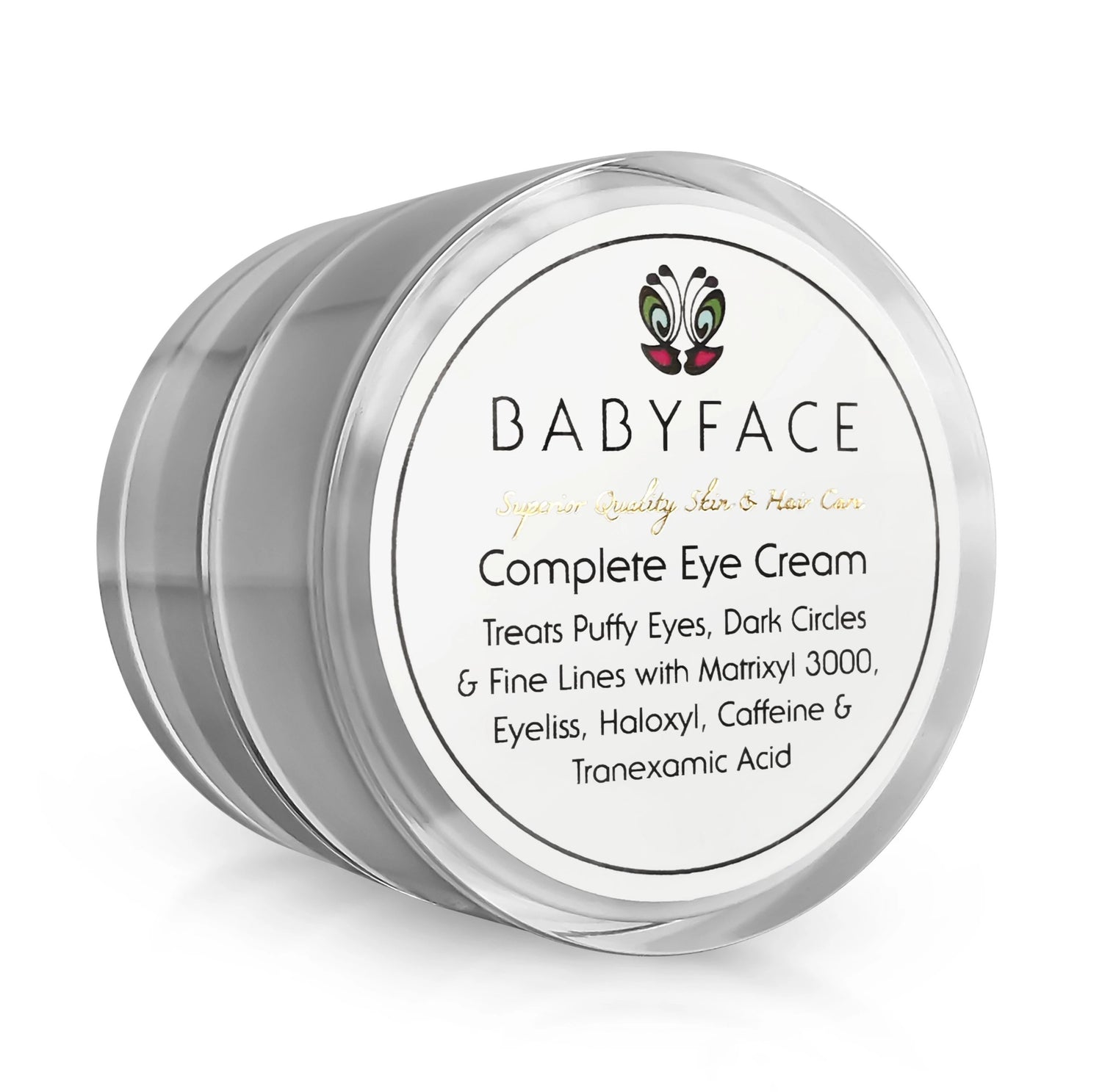Is Meat Good or Bad for You?
Giorgia G.Share

Is there a food more controversial than meat?
Just invite your Paleo and vegan friends for lunch. On the same day. One will sing the praises of meat, that old staple in our ancestors' diets. The other will refuse to touch it, informing you meat is the root of all diseases, so you'd better stay away.
So, who is right? No offence to our vegan friends (there are good reasons to make this lifestyle choice, too), but you'll be relieved to know meat isn't nearly as bad as it's made out to be. On the contrary, the right kind of meat can be very healthy.
Why Does Meat Have Such A Bad Reputation?
Ok, I hear you. There are lots of studies out there that claim meat will make you sick. But these studies often miss the bigger picture.
- It's Not The Meat, It's The Lifestyle
It's not that meat is unhealthy. It's that meat eaters are more likely to have bad habits, like eating plenty of sugar and processed foods, smoking and not exercising. Of course, there are exceptions, but vegetarians and vegans tend to be more self-conscious, so they eat an organically grown rainbow of fruits and veggies, work out regularly and never touch a cigarette. If meat-eaters are more likely to get sick, it's because of the unhealthy lifestyle they lead, not just the meat they eat.
In fact, when scientists compared the health of health-conscious meat eaters and health-conscious non-meat eaters, they found the death rate was cut in half for BOTH groups. It was the third group, the one eating a Western-style, processed food diet that had a much higher risk of early death.
- Grain-Fed vs. Grass-Fed Meat
There's also another catch. The quality of the meat you eat matters. A lot, too.
Most of the meat consumed in the studies that claim meat is bad for you was CAFOs. That's short for “confined animal feeding operations” and it basically means that the animals are raised in industrial factories and fed a grain diet that's full of hormones, antibiotics and pesticides.
And if that wasn’t enough, after the animal's been killed, the meat is processed even further. It can be cured, smoked, infused with preservatives and many other chemicals (some safe, some not so much).
Grass-fed meat doesn't contain all these toxins. It usually isn't processed either. So, it's much, much healthier. Not to mention also, the animal is more humanely raised.
What Makes Higher-Quality Meat So Healthy?
Meat, and in particular red meat, is a rich source of vitamins, minerals and other nutrients your body badly needs:
- B Vitamins
Meat is a rich source of vitamin B12, which is essential to the proper functioning of practically every system in your body. When you don't get enough of it, you're more likely to develop cancer, mental illnesses, infertility and cardiovascular diseases. You even age faster. But no plants contain it, so you can't sneak it into your diet with the help of veggies, sorry!
Meat also contains plenty of other B vitamins, such as riboflavin, folate, niacin and thiamin. Your body needs them all to be healthy.
- Vitamin D
Vitamin D is found in so few foods, why deprive yourself of one of its richest sources, red meat? Yes, you can get vitamin D from the sun, but it'll come accompanied by wrinkles, sun spots and maybe melanoma. Much safer to get it from your diet, don't you think?
The vitamin D in red meat is actually a metabolite called 25-hydroxycholecalciferol, which is assimilated much more quickly by your body than other dietary forms of vitamin D, like the one found in milk. So, if you're not getting enough vitamin D and want to avoid rickets, enjoy a few bites of red meat every now and then.
- Iron
- Omega-3
- Other Minerals
Meat is also a source of zinc, selenium and many other minerals that are vital to your health. It'll take too long to list them all, but you get the point. Meat is good for you.
4 Rules To Choose The Healthiest Meat
I hope this helped you figure out the difference between good meat and bad meat. You obviously want the best quality meat. It's a bit more expensive, but it'll do wonders for your health. Here's how to choose it:
- Opt for grass-fed, pasture-raised organic meat
- Stay away from processed meat (that means deli meats, too – they're the worst!)
- Cook the meat at slow temperatures (frying and grilling produce toxic substances – avoid!)
- Use meat as a condiment. 75% of your plate should always be filled with veggies.
Go on, enjoy your steak guilt-free. Just make sure it comes from a grass-fed cow first.
